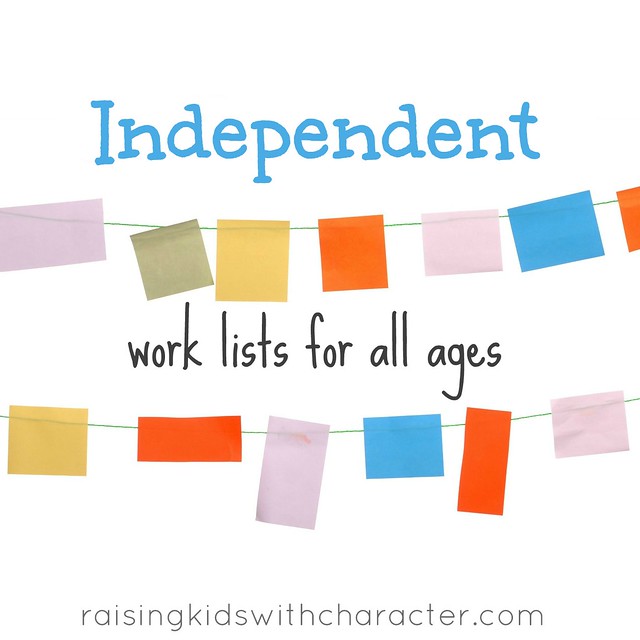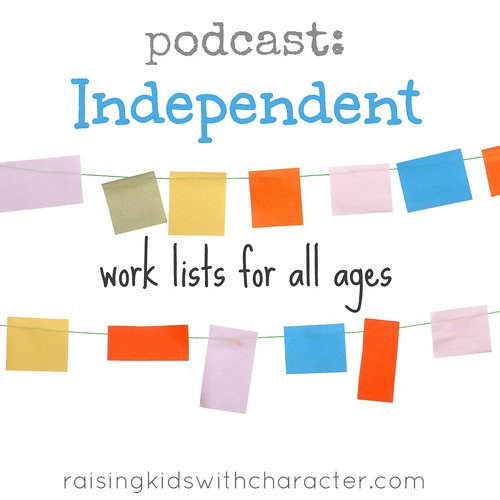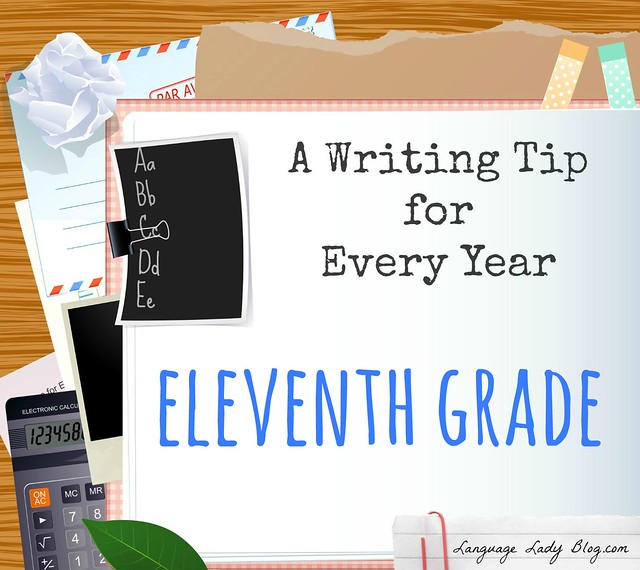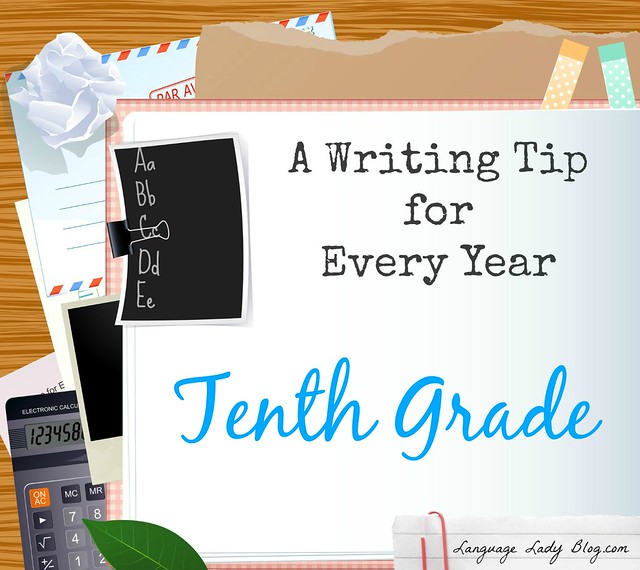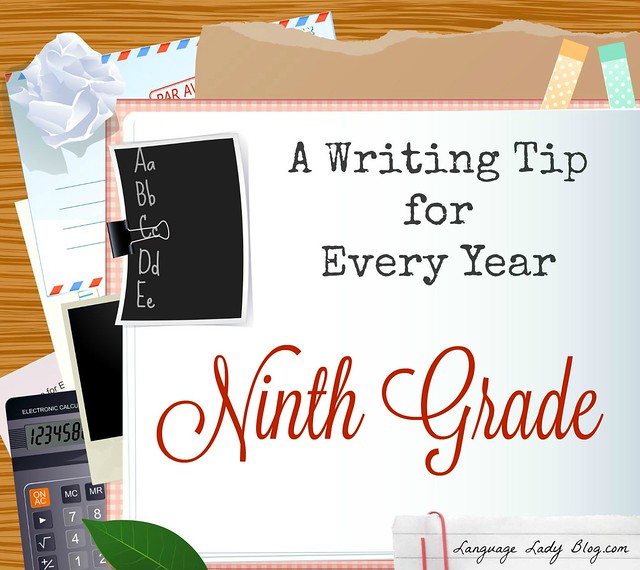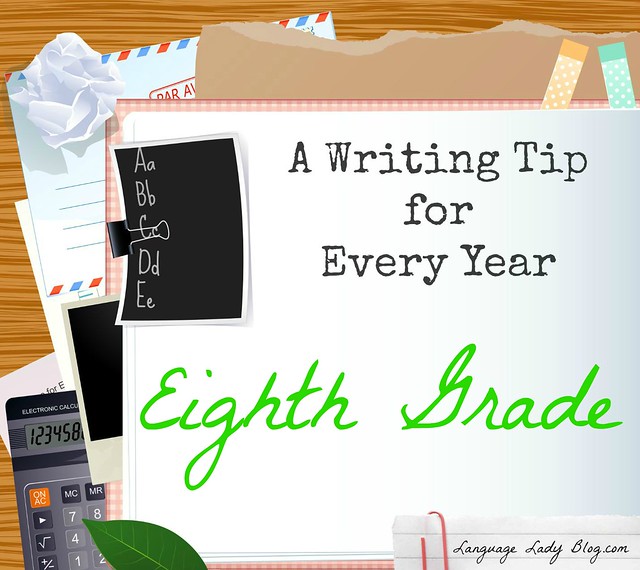by Donna | Feb 5, 2016

General Tips
1. Decisions about what to include in list
2. Decisions about what type of chart or printable
3. Explain to child that this is his daily accountability
4. Reinforce that school is his occupation
5. Daytime is for learning and working; evenings are for family and fun
6. Expectation Explanation: nothing else until list is done
7. Keep charts updated and ready
8. Enlist husband’s help
9. Be sure it really is an independent list
10. Inspect what you expect.
(more…)
by Donna | Feb 4, 2016

Donna Reish, author at Character Ink Press and Raising Kids With Character, brings you answers to your Independent Work Lists questions, or Daily Duties, as Donna likes to call them. In this episode, Donna talks in general about charts for kids’ daily independent work, including what kinds of charts, what order to put tasks, how to teach children to use them, and more. Then she delves into two age groups of chart users: elementary and junior high/high school. In those parts, Donna talks about how much help/oversight/structure a younger child might need in order to get his independent list done each day and then she branches out into helping our older kids become more independent and stronger in time management. Donna briefly introduces her ebook/download, “Daily Duties: Independent Check Sheets for Students,” which can be found at the Character Ink store.
(more…)
by Donna | Jan 25, 2016

Eleventh Grade: Guide your student in editing his papers.
Editing papers is one of many students’ most hated tasks. However, if our kids are guided in how to do this from the early grades, it will not feel so overwhelming to them. This post has suggestions for teaching the high schooler (and junior high student) editing tricks that they can use right away…
Click here to read more →
by Donna | Jan 18, 2016

Tenth Grade: Work on whatever type of writing is needed for your student next.
In high school, writing demands should be based, in part, on what the student needs at that time. I often have students who are writing for me in class as well as writing college entrance letters, SAT essays, contests projects, and more. If at all possible, we should focus on the type of writing that the student needs next. These tips explain this further..
by Donna | Dec 14, 2015

Ninth Grade: Teach pre-writing skills that are needed for the type of writing your student is doing.
I cringe when I see a writing project that requires various skills without the lessons on those skills as well. (Check out our Meaningful Composition samples to see how skills should be taught with every writing lesson, especially involved skills such as quotations, dialogue, scene setting, researching, and citing sources.) This next tips explains this more fully…. Read more →
by Donna | Nov 30, 2015

Eighth Grade: Teach various types of writing.
It is easy to get in a rut in teaching writing—and have students write the same types of writing over and over (often narrative or informational from a given source). This is especially true if your writing program focuses on one type only (as many of our second semester books do; that is why we recommend your student do one first semester book first before delving in to his favorite type of writing only). By eighth grade, we should be making sure that our students can write various types of writing well….

